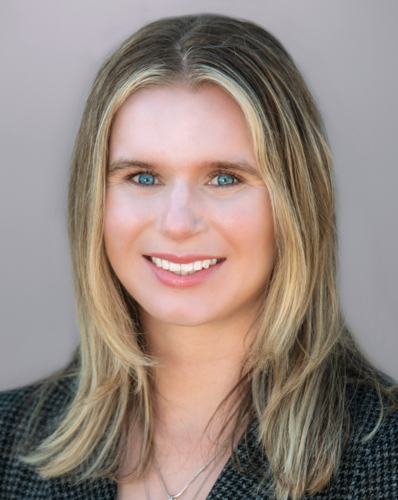North Carolina and Georgia Courts Expand Liability for Developers in Stormwater Runoff Disputes
By Ian A. Shavitz, Madelyn M. VanDorpe
September 23, 2025 |
Client Alerts
Two recent cases from the North Carolina and Georgia Courts of Appeals highlight the evolving legal risks associated with stormwater runoff at construction sites for developers, property owners, contractors, and engineers. These risks coincide with, and are amplified by, record rainfall and flooding throughout the United States.
North Carolina Ruling
In H/S New Bern v. First Berkshire Properties, the North Carolina Court of Appeals ruled that stormwater runoff is a ‘renewing trespass,’ rather than a ‘continuing trespass.’ This determination had a significant effect on the calculation of damages in trespass suits concerning stormwater runoff. As a ‘renewing trespass,’ damages are calculated based upon the reasonable cost of repair (rather than upon diminished market value, as applied in ‘continuing trespass’ suits). Also significant, even when the cost of repair is minimal, courts can require specific remediation measures rather than generally ordering a defendant to control runoff. Under a pollution insurance policy, treating the runoff as ‘a renewing trespass’ may also mean that each runoff event is a new “Claim” under an applicable insurance policy, thus triggering a new self-insured retention (SIR) or deductible to be met prior to the pollution policy stepping in to cover losses.
Georgia Ruling
In MAB Monroe v. Mayfield Self Storage, the Georgia Court of Appeals affirmed that stormwater runoff may constitute a nuisance claim. In its ruling, the Court rejected the defendant’s arguments that compliance with city stormwater ordinances shielded the defendant from common law liability and that a downhill plaintiff assumed the risk of stormwater runoff merely by developing downhill of existing improved property.
This ruling significantly broadens developers’ risks within the State of Georgia, as developers can no longer rely on compliance with a city’s stormwater ordinance when designing stormwater pollution prevention plans and other related risk management practices as a basis for protection against liability.
What Developers and Property Owners Need to Know
Stormwater runoff liability is complex, fact-specific, and increasingly is the subject of costly litigation. The above rulings demonstrate that:
- Stormwater runoff carries a risk of punitive damages and prospective relief even when the runoff causes only minor injury.
- Compliance with local regulations does not eliminate risk of liability.
- Uphill owners developing first does not absolve them of risk.
Developers should approach stormwater management practices with increased care and consult with counsel and professional engineers when there are concerns.
For questions regarding this client alert, please contact Lippes Mathias’ Environment & Energy Practice Team Leader Ian Shavitz at ishavitz@lippes.com, Christina Bonanni at cbonanni@lippes.com, or Madelyn VanDorpe at mvandorpe@lippes.com.




